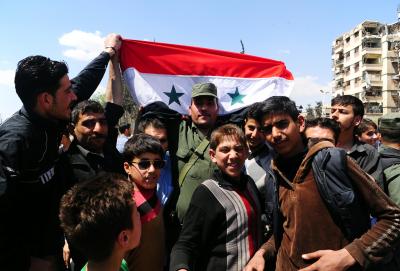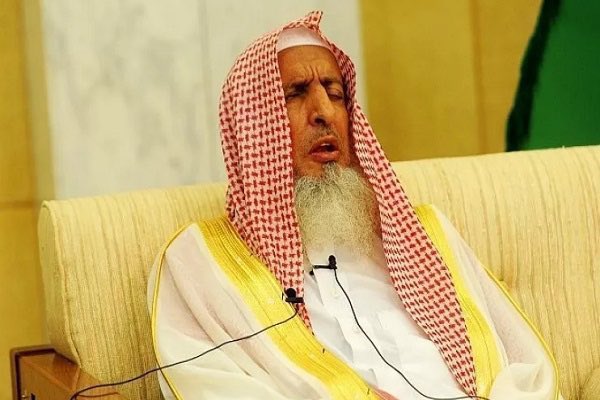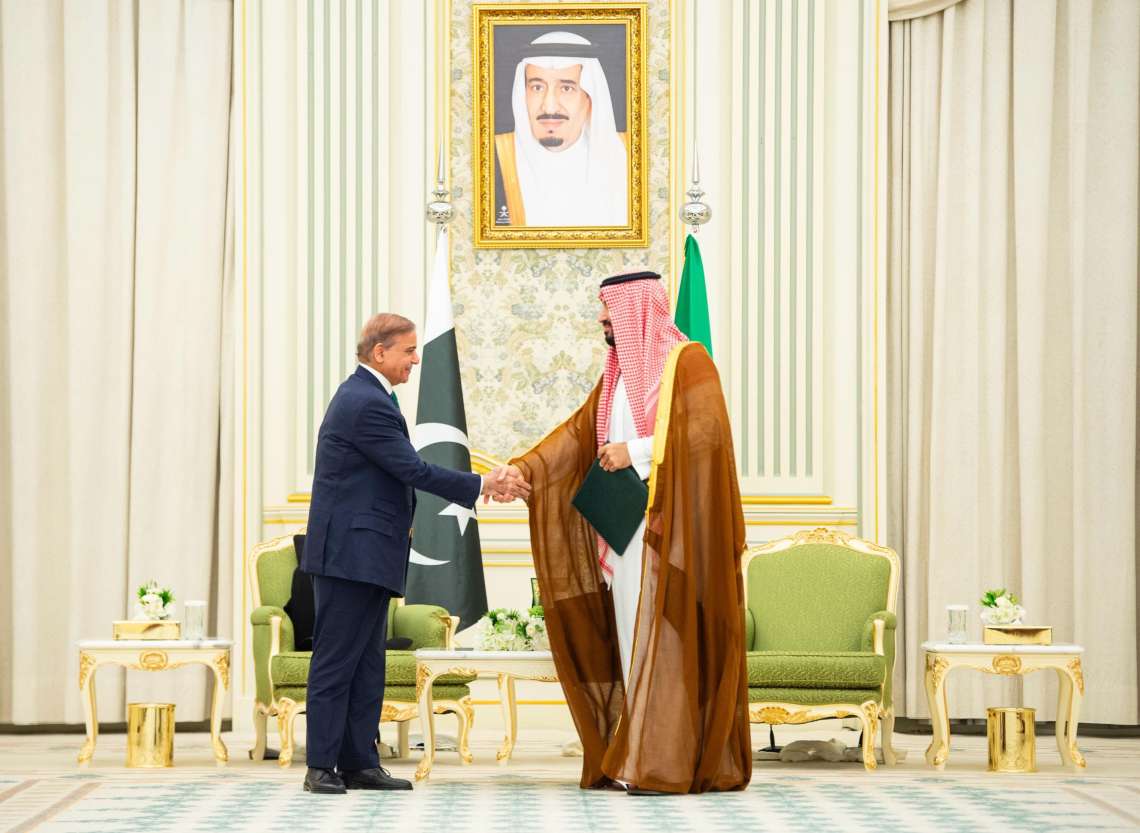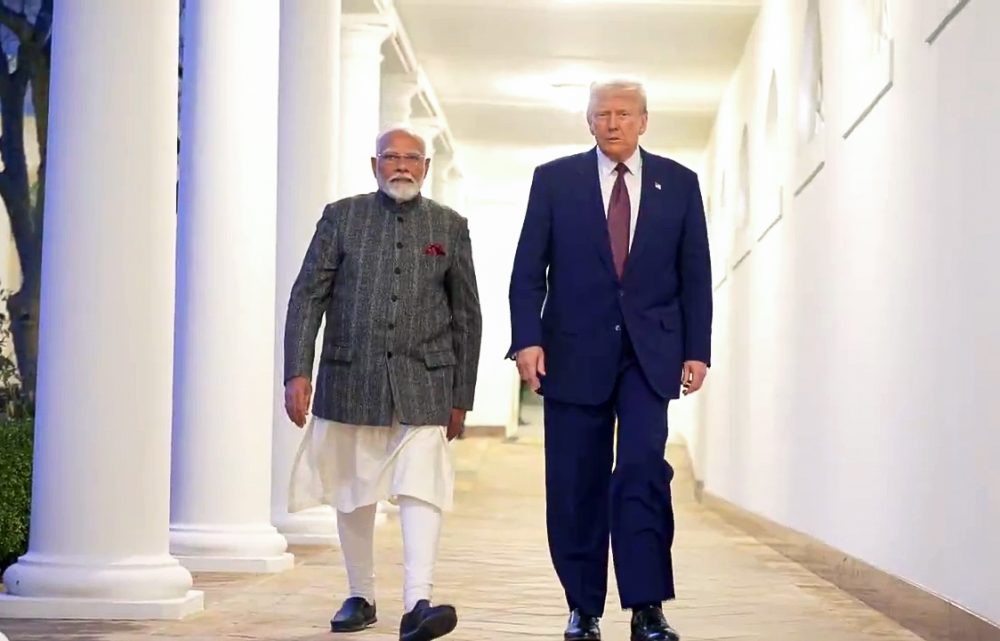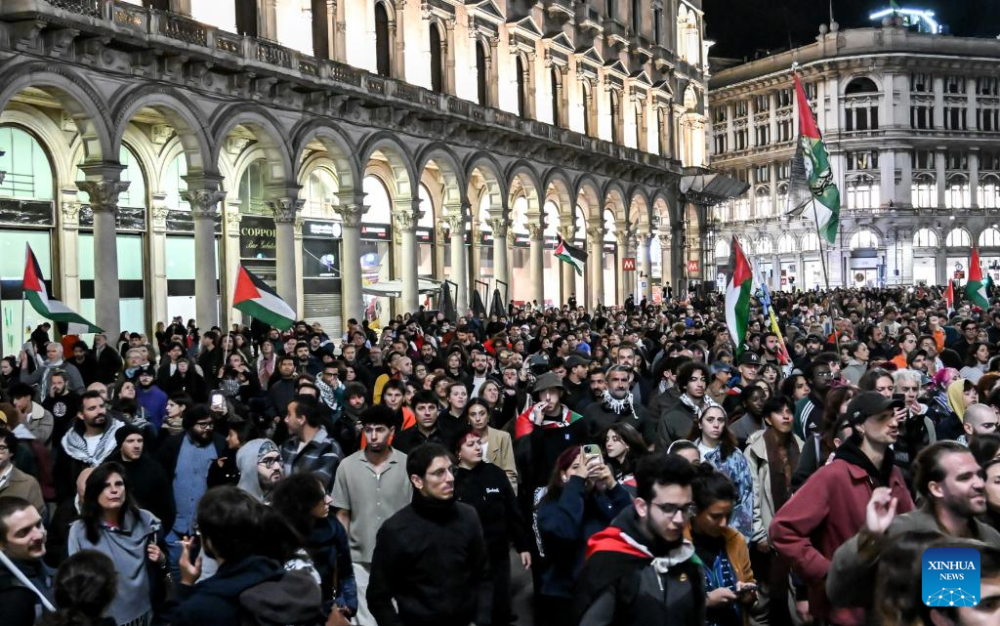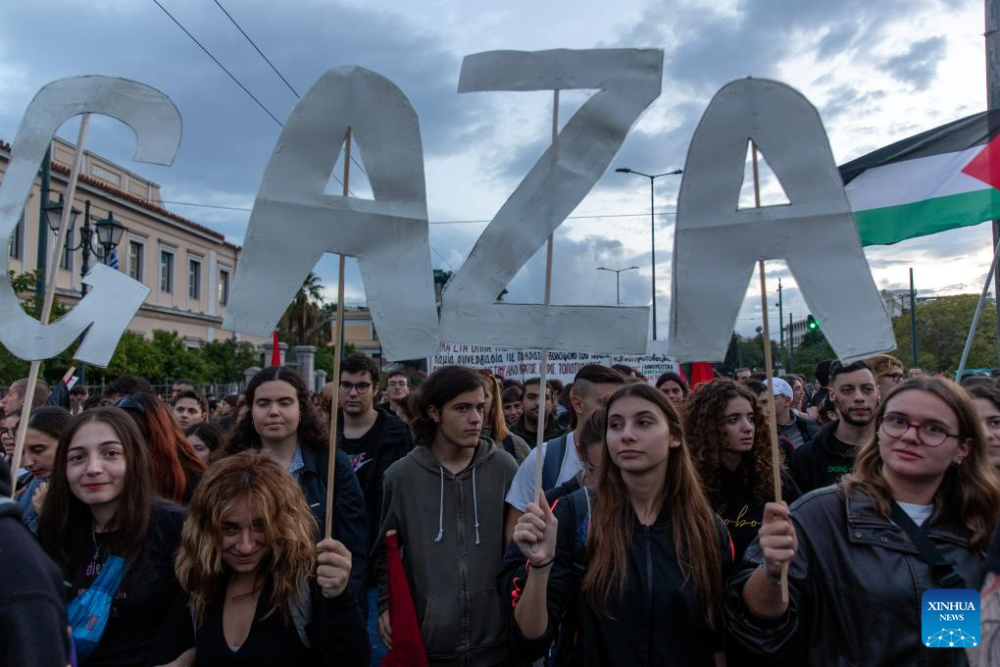A groundbreaking Saudi television series is offering an unprecedented glimpse into the Kingdom’s social transformation, captivating domestic audiences and challenging long-standing perceptions, writes Pedro Carvalho
A groundbreaking television series is offering unprecedented insight into Saudi Arabia’s social transformation as the nation prepares to host the 2034 FIFA World Cup. “Ozoum,” currently dominating domestic ratings, has become a cultural phenomenon by tackling previously taboo subjects and showcasing real stories of social change.
Unlike the polished international content often associated with Saudi Arabia’s modernisation efforts, “Ozoum” airs exclusively on domestic television in Arabic. Its remarkable success in prime time viewing slots suggests an organic appetite for social progress within the Kingdom.
The programme, hosted by renowned Saudi presenter Ahmed El Bayed, marks a historic collaboration between the Saudi Broadcasting Authority (SBA) and British production company Pink Llama Films – the first time a non-Arab company has produced an original primetime show for Saudi domestic television.
“The stories we’re capturing reflect a Saudi Arabia that few in the West get to see,” says Haras Rafiq, CEO of Pink Llama and former advisor to the British and US governments on counter-extremism. “This isn’t content created for international audiences – it’s an authentic look at a society in transformation.”
Each episode features ordinary Saudi citizens breaking social barriers and challenging traditional norms. One particularly powerful episode follows the journey of a disabled woman’s dream to obtain her driving licence, a story that aired just three years after the Kingdom granted women the right to drive. The episode sparked widespread (positive) social media discussion about accessibility and independence across the Middle East.
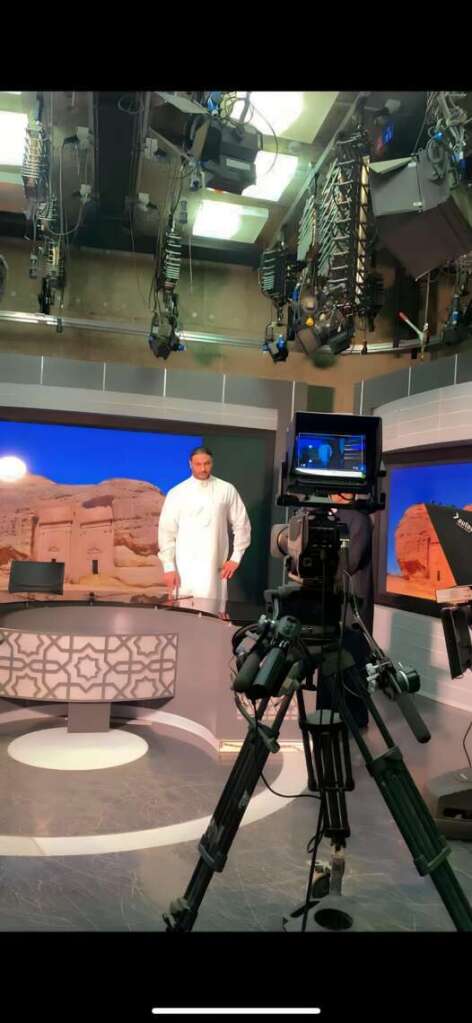
Another standout narrative features a young woman with Down’s syndrome pursuing her acting ambitions. Her success in securing roles in local productions has prompted several Saudi production companies to implement more inclusive hiring policies. The series also chronicles the story of a teenage cancer survivor whose journey to employment at a prestigious Riyadh hotel has inspired other businesses to expand their initiatives.
Mohammed Alhamed, supervisor producer from SBA, explains the show’s unique appeal: “What makes this programme different is that these are real Saudi stories, told in our language, addressing our personal challenges. The fact that it’s become one of our highest-rated shows proves there’s a genuine appetite for content that reflects our society’s transformation.”
The impact of “Ozoum” extends far beyond television ratings. Episodes have catalysed national conversations about how Saudis can benefit from the reforms in terms of increased disability rights, youth employment, and social inclusion. Local businesses have reached out to featured participants, leading to concrete employment opportunities and community initiatives.
“When we see a young cancer survivor not just surviving but thriving, or challenge preconceptions about Down’s syndrome, it changes perceptions, and gives people hope” notes Al Hamed. “These aren’t just television stories – they’re catalysts for real change in our communities.”
The show’s success on domestic television, rather than international platforms, is particularly significant. It suggests that Saudi Arabia’s social evolution is being driven by internal demand for progress rather than external pressures. This organic transformation comes at a crucial time as the Kingdom prepares to welcome the world for the 2034 FIFA World Cup.
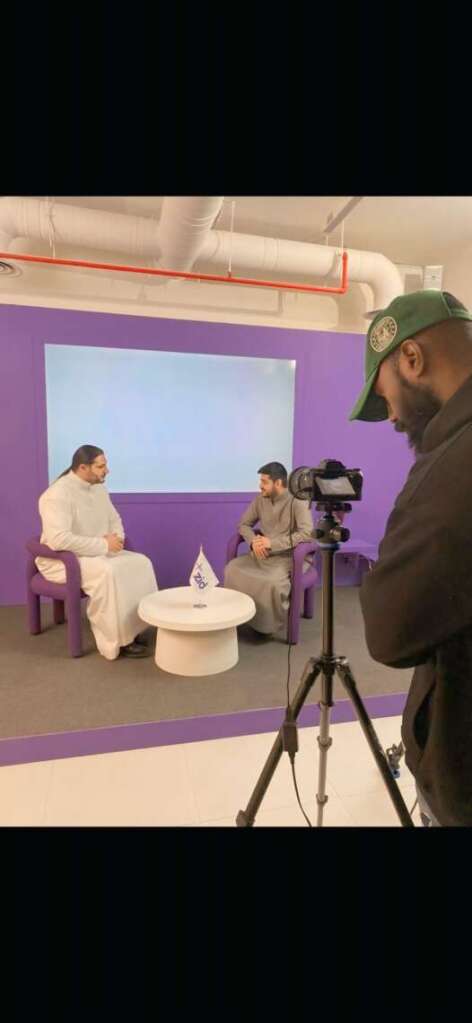
Furthermore, the internal atmosphere is now one of feeling safe, secure and aspirational drive. Rafiq, drawing on his extensive experience in security and social policy, offers an interesting perspective on the changing face of Saudi Arabia: “Having worked in countering extremism and security for two decades, I can say with confidence that Riyadh today is safer (and less extremist) than some parts of London.”
“Ozoum” airs weekly during prime time on SBA’s main channel, consistently drawing millions of viewers and generating significant social media engagement across the Middle East. The show’s unexpected success provides compelling evidence of how Saudi society is evolving organically from within, challenging Western preconceptions about the pace and nature of social change in the Kingdom.
As the world turns its attention to Saudi Arabia in the lead-up to the 2034 World Cup, “Ozoum” stands as a testament to the nation’s grassroots transformation. The show’s authentic portrayal of everyday citizens breaking barriers and challenging norms suggests that when the world arrives for the tournament, they may find a Saudi Arabia quite different from what they expected.
ALSO READ: SME growth in focus at UAE-South Africa talks
ALSO READ: KCF Festival Unites Karnataka Talent in UAE



